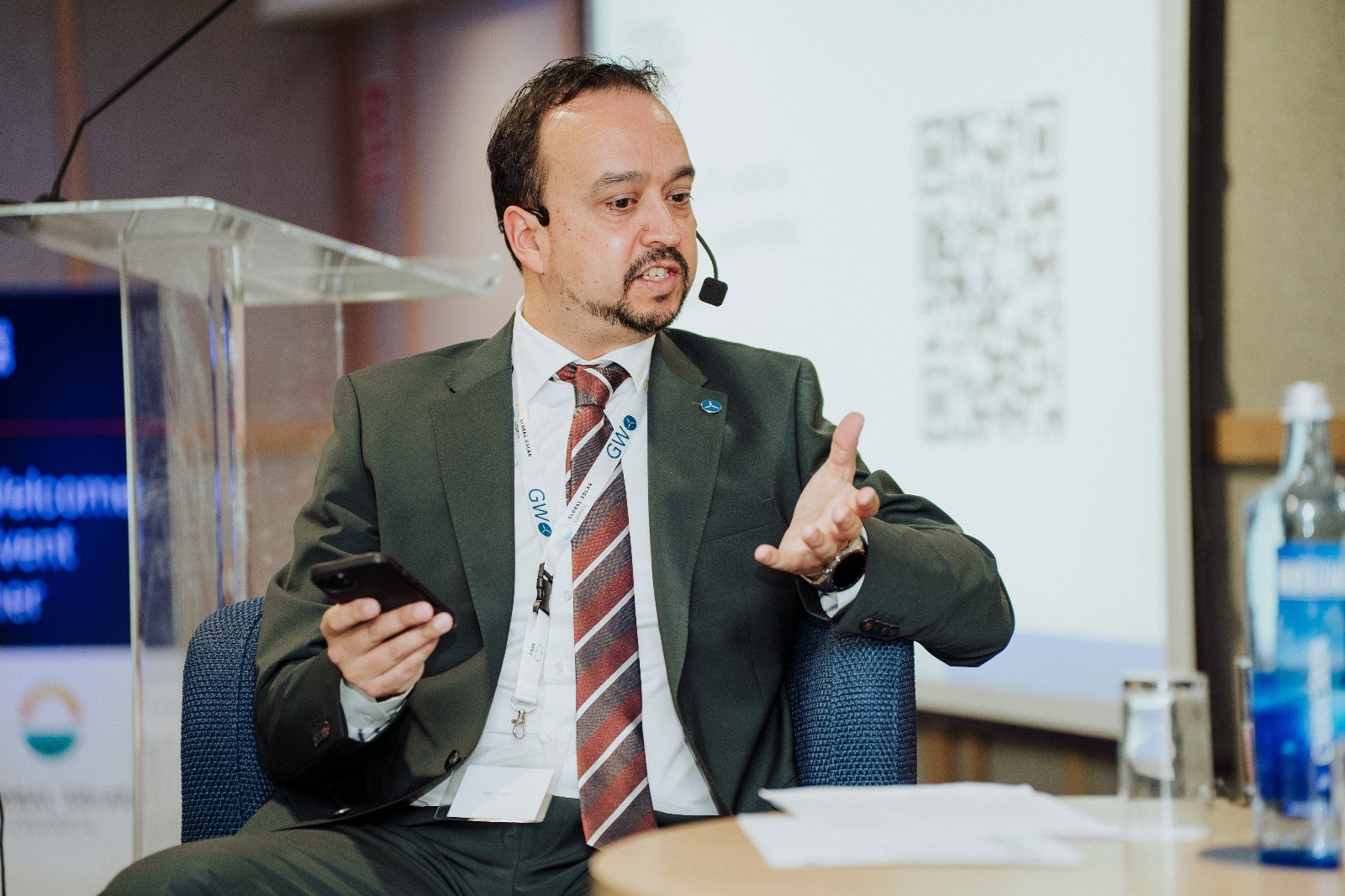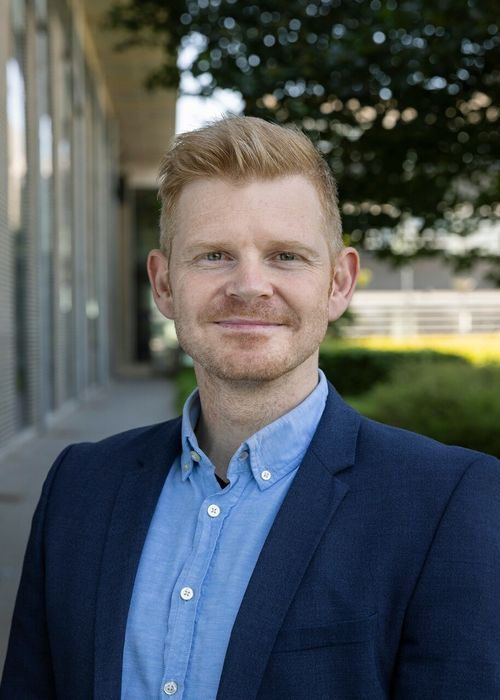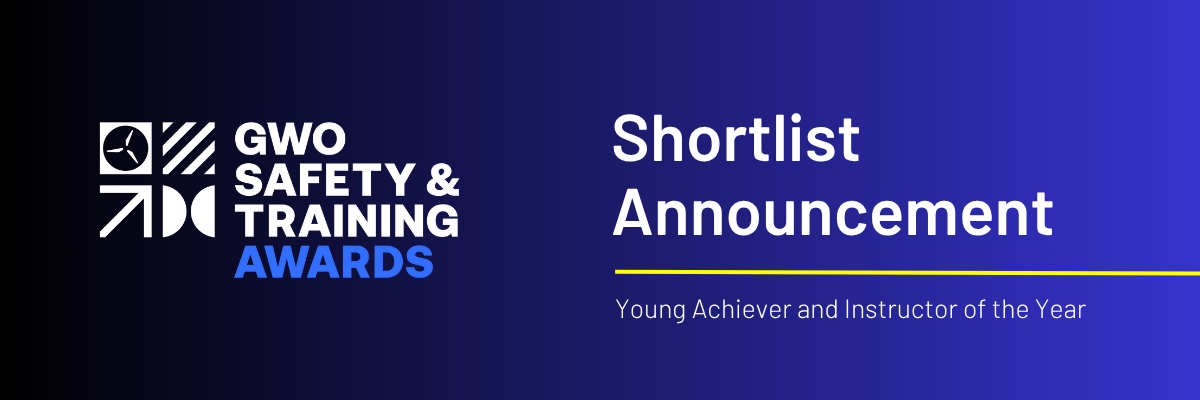GWO Autumn Standards Release
GWO releases new Entry Level Framework and updates to Enhanced First Aid (EFA) Standard and Basic Safety Training Standard, Sea Survival Module (BST-SS)

October 1st sees the release of the brand new GWO Entry Level Wind Technician Framework along with updates to the Enhanced First Aid Training Standard, and the Sea Survival module within the GWO Basic Safety Training Standard.
The Entry Level Framework provides three job profiles for new entrants to the wind industry looking to work in three areas; Pre-Assembly, Installation and Operations & Maintenance (O&M). These profiles have been endorsed by GWO’s members who represent some of the world’s largest manufacturers and owners of wind energy. The framework will help new recruits to understand and choose the training required to make the jump to any of the three profiles. Post-education newcomers are identified as the group with the largest potential to benefit from this framework. Professionals transitioning from sectors such as fossil fuels and the military are also likely beneficiaries.
The updated Enhanced First Aid training standard sees changes to seven lessons with an improved flow to ensure a clear sequence throughout. Several the lessons have changes to their duration, amounting to an increase in the overall training time by almost two hours to 21 hours and 30 mins. Lessons four and five (which focus on incident management and lifesaving and enhanced first aid respectively) have had significant changes to content and duration. These updates to Enhanced First Aid training standard enhance compliance with Health and Safety Executive requirements in the UK.
Among the most important changes for the Sea Survival module is the added prerequisite of a GWO Working at Heights certificate. This revision comes in response to the significant offshore hazard of entering, descending and evacuating wind turbines which all involve some elements of the Working at Heights module. Further substantial changes are made to the module’s practical elements, with two exercises added, aiming to increase the fidelity of training to mimic real-life work situations.
GWO thanks its members and working groups participants for the resources they have provided during these complex projects.





